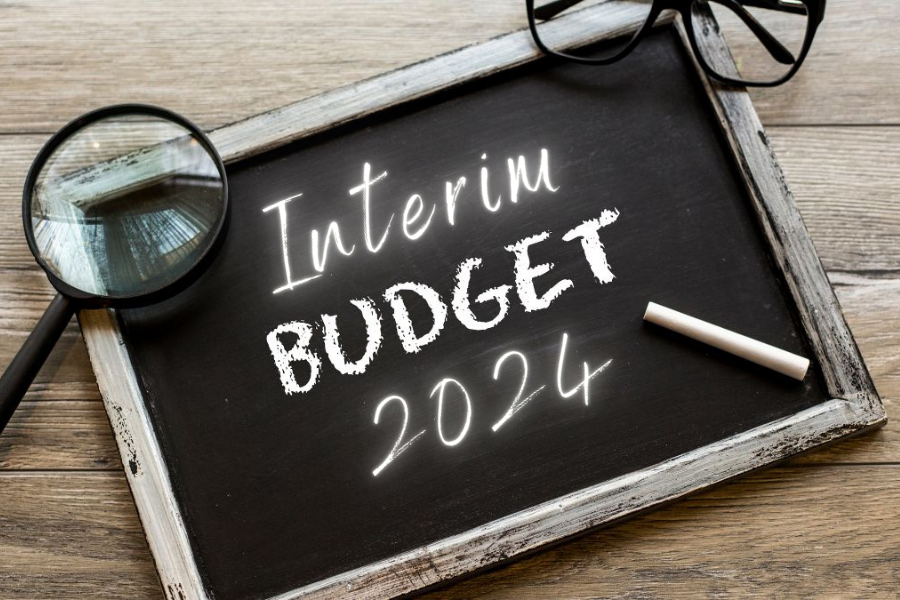On February 1, Union Finance Minister Nirmala Sitharaman is scheduled to present the Interim Budget for the fiscal year 2024-25. This Budget will act as a temporary financial framework until a new government is established post-general elections, with the comprehensive annual budget anticipated in July 2024.
What is Interim budget?
An Interim Budget is a temporary financial plan presented by the government. It’s typically used in a year when a general election is due or during a period of transition. This budget ensures that the government has enough funds to continue its operations until the new government is formed and can present a full-year budget.
Key differences between an Interim Budget and a full-year Budget include:
- Duration: An Interim Budget covers a shorter period, often a few months, whereas a full-year Budget covers the entire financial year.
- Scope and Detail: The Interim Budget usually doesn’t include major policy changes or new schemes. It’s more about continuing the existing financial operations of the government. In contrast, a full-year Budget can introduce new policies, tax changes, and major schemes.
- Purpose: The primary purpose of the Interim Budget is to maintain continuity in government spending and operations during a transition phase. A full-year Budget, on the other hand, is a comprehensive financial plan for the entire year, reflecting the government’s fiscal policy.
- Parliamentary Approval: Both budgets require parliamentary approval, but the Interim Budget is typically passed more quickly as it is more urgent and usually less contentious.
- Political Context: An Interim Budget is often presented by the outgoing government before an election, while the full-year Budget is presented by the incumbent government or the new government post-elections.
In essence, the Interim Budget is a stop-gap arrangement to ensure the smooth functioning of the government until a new government presents its full-year budget, which outlines a broader economic vision and financial plan.



